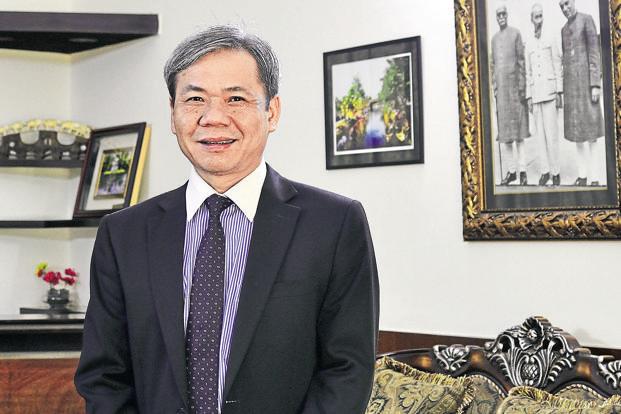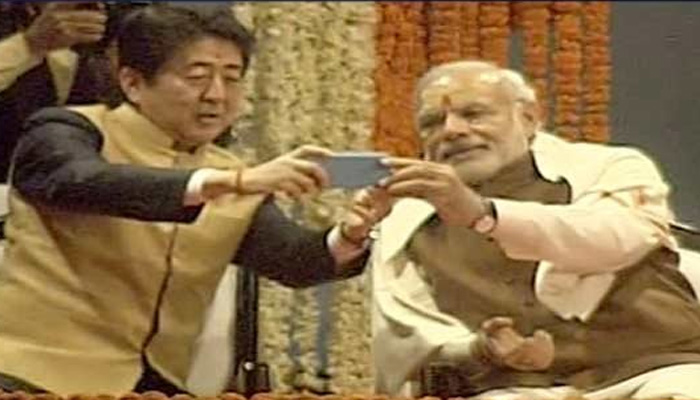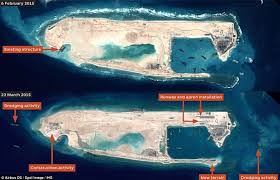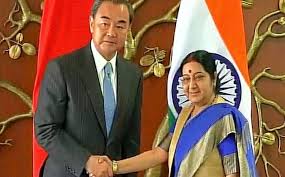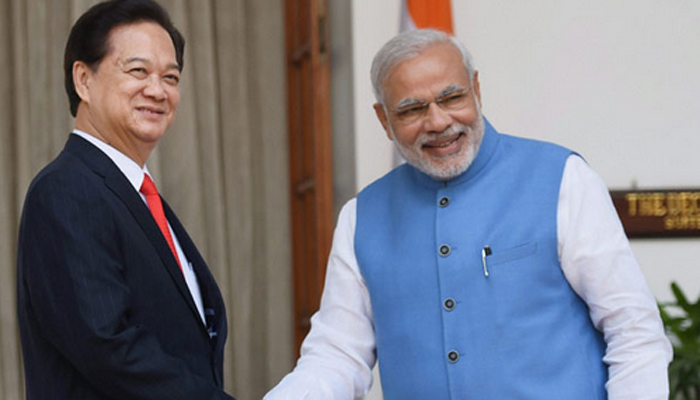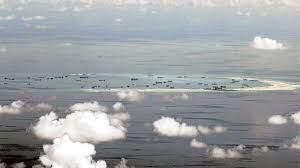The Tokyo-Delhi connect is set to acquire a deeper strategic dimension with the hoped-for signing of a transformational nuclear deal and a host of initiatives to enhance maritime security cooperation during the November 10-12 visit of India’s Prime Minister Narendra Modi to Japan. The visit will be not only closely scanned in New Delhi and Tokyo, but most importantly in Beijing, which continues to nurture containment anxieties and has already red-flagged its concerns over a possible Delhi-Tokyo axis on the South China Sea.
Mr Modi will spend barely 48 hours in Tokyo, but much will be accomplished during his annual summit meeting with his Japanese counterpart Shinzo Abe in Tokyo on November 11. If the latest indications are anything to go by, the visit will see the transformative moment as Japan moves beyond years of strategic vacillation to sign the much-awaited nuclear deal that will pitchfork the India-Japan ties on another plane.
In many ways, the current geo-strategic and geo-economic situation have created a conjunction of India’s Japan Moment and Japan’s India moment. Mr Modi and Mr Abe, who have famously forged a personal chemistry, are ideal partners to propel this partnership to new heights.
The nuclear issue is the last albatross holding back the full potential of this mutually fecundating relationship, and if the nuclear deal is signed in Tokyo, expect a major upsurge in India-Japan relations across the spectrum and an added ballast to the narrative of an inclusive Asian Century.
Read More